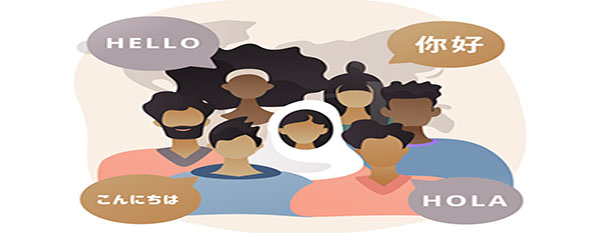On January 4, 2023, the U.S. Department of Education’s Office for Civil Rights (“OCR”) released a fact sheet titled, “Protecting Students from Discrimination Based on Shared Ancestry or Ethnic Characteristics.”[1] This resource explains how the protection offered by Title VI of the Civil Rights Act of 1964 (Title VI) extends to students who experience discrimination based on their actual or perceived: (i) shared ancestry or ethnic characteristics; or (ii) citizenship or residency in a country with a dominant religion or distinct religious identity. The fact sheet describes ways Title VI protects students who are or are perceived to be Jewish, Christian, Muslim, Sikh, Hindu, Buddhist, or of other religious group from discrimination based on shared ancestry or ethnic characteristics. Such discrimination may include racial, ethnic, or ancestral slurs or stereotypes; how a student looks, including skin color, physical features, or style of dress that reflects both ethnic and religious traditions; and a foreign accent, name, or language. OCR also provides examples of the kinds of incidents that could raise Title VI concerns. Take a look at the fact sheet for more information! OCR highlights that other available resources on this topic are available at www.ed.gov/ocr/sharedancestry.html.
If you are interested this topic, then you might want to attend a free virtual conference at the University of Virginia titled, “Resisting Silence: Building K-12 Classroom Communities for Developmentally Appropriate Civil Discourse around Race, Justice, and History.”[2] The conference will take place on January 28, 2023 via Zoom. The program aims to teach K-12 educators the best practices around engaging K-12 students in civic discourse around race and justice, techniques to create affirming classroom contexts for K-12 students, research skills for finding rich historical sources, facilitation skills for navigating conversations around race and justice in the classroom, and about the impact of conversations or lack of conversations around race and justice on K-12 students.
[1] U.S. Department of Education Office for Civil Rights, Fact Sheet: Protecting Students from Discrimination Based Shared Ancestry or Ethnic Characteristics (Jan. 2023), https://www2.ed.gov/about/offices/list/ocr/docs/ocr-factsheet-shared-ancestry-202301.pdf?fbclid=IwAR1rqKJocRWwJz8r1vHArPbav3b_Ck9Jfztxqadadm5u4SR3EJyb5ik7yY4.
[2] University of Virginia School of Education and Human Development, Educating for Democracy Conference, (Jan. 2023), https://education.virginia.edu/events/educating-democracy-conference.

